
Famed author Stephen King is best known for his chilling novels that have captivated readers for decades. Works like The Shining, It, and Pet Sematary have cemented King’s reputation as one of the foremost horror writers of all time. But in the 1990s, King brought his terrifying imagination to the small screen when he wrote an episode for the hit sci-fi series The X-Files.
This collaboration between King and X-Files creator Chris Carter was a significant event in television history, bringing together two titans of horror and suspense. This article delves into the creation, reception, and controversy surrounding the episode.
The Collaboration
Stephen King, known for his mastery in the horror genre, teamed up with Chris Carter to write “Chinga.” The episode was an homage to King’s style, featuring a demonic doll, a theme that has been explored in various forms but never by The X-Files.
Carter handled the famous Mulder and Scully dialogue, while King brought his unique touch to the story.
The Plot
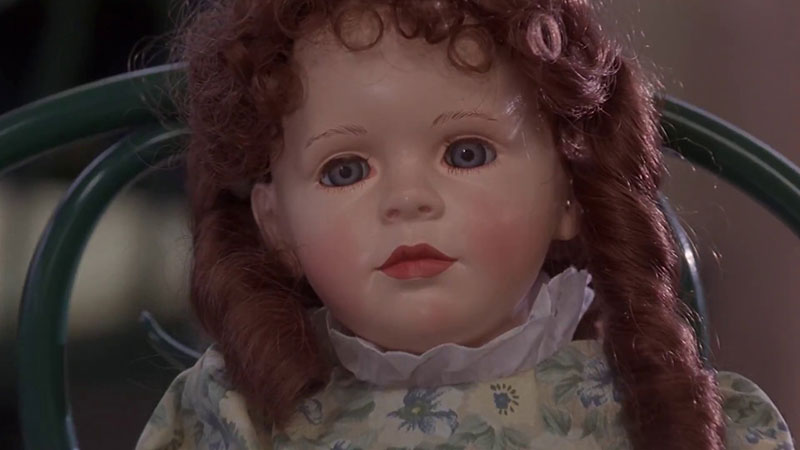
“Chinga” follows FBI Agent Dana Scully as she takes a vacation in a small town in Maine, a setting often used by Stephen King in his works. Her relaxation is quickly interrupted when she stumbles upon a series of gruesome incidents involving a cursed doll.
The episode opens with a chilling scene in a local grocery store, where people are inexplicably compelled to harm themselves. Scully, being the rational investigator, is drawn to the case and soon discovers that all the incidents are connected to a young girl named Polly and her doll, Chinga.
Chinga is no ordinary doll; it has the power to control people’s actions, forcing them to commit violent acts against themselves. The doll’s evil nature is revealed through its glowing eyes and eerie voice, uttering phrases like “I want to play.”
As Scully delves deeper into the mystery, she learns about the doll’s history and its connection to a local fisherman’s wife, who was burned as a witch. The cursed doll is a manifestation of the woman’s rage and continues to wreak havoc long after her death.
Meanwhile, Mulder is absent from the field, providing comic relief through phone conversations with Scully. He’s seen in his office, amusing himself with throwing pencils into the ceiling, a memorable gag in the series. His exclusion from the main plot adds a unique twist to the episode, allowing Scully to take the lead.
The climax of the episode sees Scully facing off against the doll, leading to a suspenseful confrontation. With her characteristic skepticism and determination, she manages to defeat the doll by destroying it in a microwave, thus breaking the curse.
The episode concludes with a return to normalcy, but not without leaving an unsettling feeling that the ordinary can turn extraordinary, and that evil can lurk in the most unexpected places.
Rewrites and Alterations: King’s Vision vs. Carter’s Execution
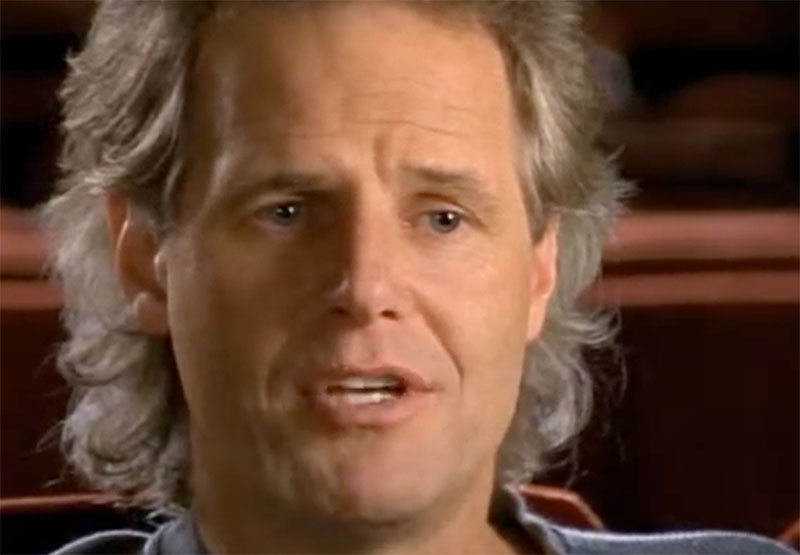
What many fans might not be aware of is that the final version of “Chinga” in many ways departs from King’s original script, including having Mulder and Scully be separated for the duration. It turns out that not even Stephen King is immune to rewrites.
The collaboration between King and Carter was not without its challenges. While the idea of an evil doll named Chinga, set in small-town Maine, seemed like a standard King story, the final product was quite different from King’s initial vision.
King’s connection with X-Files star David Duchovny, whom he met during Celebrity Jeopardy, led to his involvement in writing for the show. King wrote “Chinga” at his home and sent it in, only to find that Carter was not entirely satisfied with the script. Carter’s concerns mainly revolved around the exchanges between Mulder and Scully, which he felt did not fit the characters.
Fans and critics alike have noted that King’s original script seemed somewhat disconnected from the established characters of the show.

King’s initial version included some unconventional elements, such as Mulder appearing to Scully in a psychic vision. This, along with other aspects of the script, led to the impression that King might not have been entirely familiar with the show’s dynamics and character nuances.
Chris Carter’s intervention in the script was seen by many as a necessary step to align the episode with the X-Files’ tone and character development. Carter’s rewrite gave the episode a more playful tone, adding the fun phone banter between Mulder and Scully that fans came to appreciate. He also introduced the now-iconic pencils-in-the-ceiling gag at the end, a touch that added humor and consistency to the episode.
As a result, Carter took it upon himself to rewrite quite a bit of King’s material, leading to them sharing writing credit on “Chinga.” One significant alteration was the exclusion of Mulder from the story, a decision that shaped the episode’s unique dynamic.
Reception and Controversy
The episode received mixed reactions from fans and critics. Some appreciated the kitschy charm and the reversal of roles between Mulder and Scully, with Scully taking the lead and Mulder providing comic relief through phone conversations. Others were disappointed, expecting a groundbreaking collaboration that would redefine television.
A fan blog, “Musings of an X-Phile,” praised the episode for its campiness and the quality of Mulder and Scully’s banter. However, the writer acknowledged that some fans might have been dissatisfied with the episode’s predictability and lack of originality as a Stephen King thriller.
On Reddit, fans debated whether “Chinga” was the worst episode of The X-Files. While some criticized it for being generic and misrepresenting Mulder and Scully’s characters, others defended the episode, highlighting the fun phone banter and iconic gags. Some even cut the episode slack simply because of King’s involvement.
The Legacy of “Chinga”
Despite the mixed reception, “Chinga” remains a notable episode in the X-Files series. It’s a testament to the show’s ability to experiment with different themes and collaborate with iconic writers. The episode’s kitschiness and homage to King’s style make it a unique entry in the X-Files catalog.

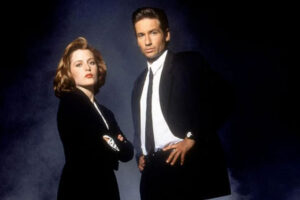
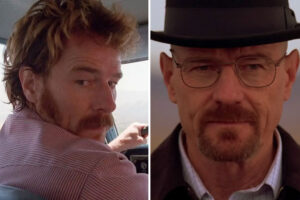
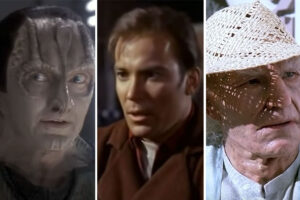


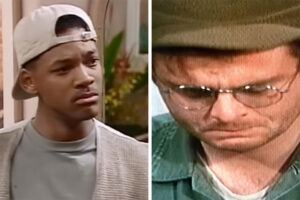
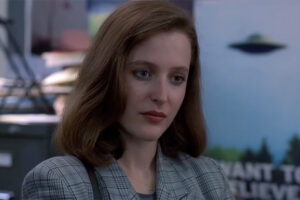


Leave a Reply